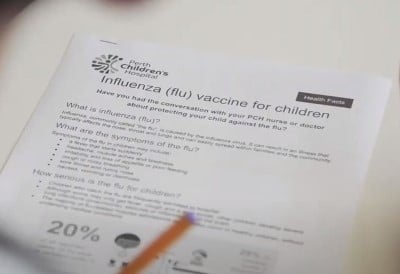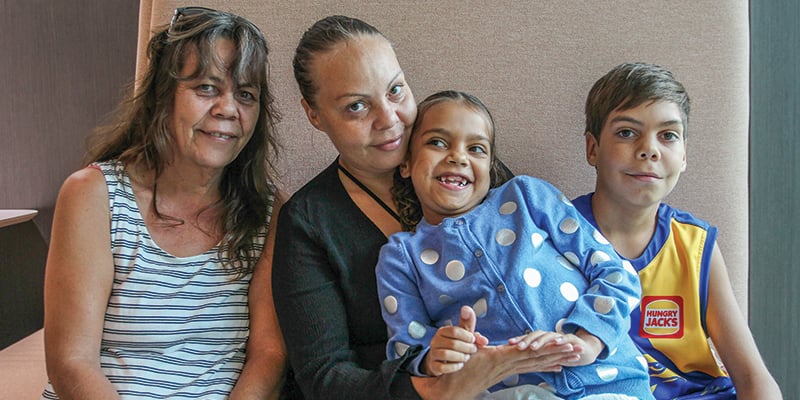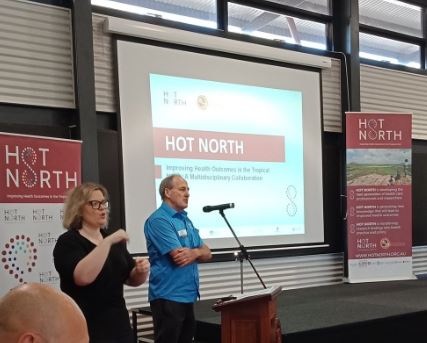Search
Showing results for "8"
Research
Predicting language difficulties in middle childhood from early developmental milestones: A comparison of traditional regression and machine learning techniquesThe current study provides preliminary evidence that machine learning algorithms provide equivalent predictive accuracy to traditional methods for language difficulties in middle childhood
Research
IFNβ inhibits the development of allergen tolerance and is conducive to the development of asthma on subsequent allergen exposureData indicate a role for Interferonβ in linking viral infection and allergy
Research
Ultraviolet irradiation of skin alters the faecal microbiome independently of vitamin D in miceSkin exposure to ultraviolet radiation alters the faecal microbiome, and further investigations to explore the implications of this in health and disease are warranted
Research
Maternal emotion regulation and early childhood irritability: The mediating role of child directed emotion regulation strategiesParental assistance with children's emotion regulation (ER) is a form of emotion socialization behavior that has recently been operationalized with the development of the Parent Assistance with Child Emotion Regulation (PACER) questionnaire.
Research
A genome-wide approach to children's aggressive behavior: The EAGLE consortiumCommon variants at 2p12 show suggestive evidence for association with childhood aggression

News & Events
RSV and influenza detections hit record low levels in 2020Western Australia has experienced historically low levels of respiratory syncytial virus (RSV) and influenza this winter due to the public health measures implemented to prevent the spread of COVID-19.

News & Events
Finding answers for Tenaya: from a sore throat to open-heart surgeryWhen Katrina took her daughter Tenaya to the local emergency department for the fourth time, she was determined she wouldn’t be leaving without answers.

News & Events
Researchers pay tribute to LockieThe hearts of everyone at The Kids go out to the family and friends of Lachlan Hernaman, a long-term participant in lung health research who died suddenly on April 30.

News & Events
Iconic partnership to bolster parents in cyber safety battleBankwest and The Kids Research Institute Australia have announced a new partnership, bringing together two iconic Western Australian organisations to support parents in their cyber safety battle.

News & Events
Expert researchers converge on Broome to tackle health challenges in Northern AustraliaOver 100 researchers and health professionals from around Australia have united in Broome this week to address the major health battles facing people living in the tropical north of the country.
